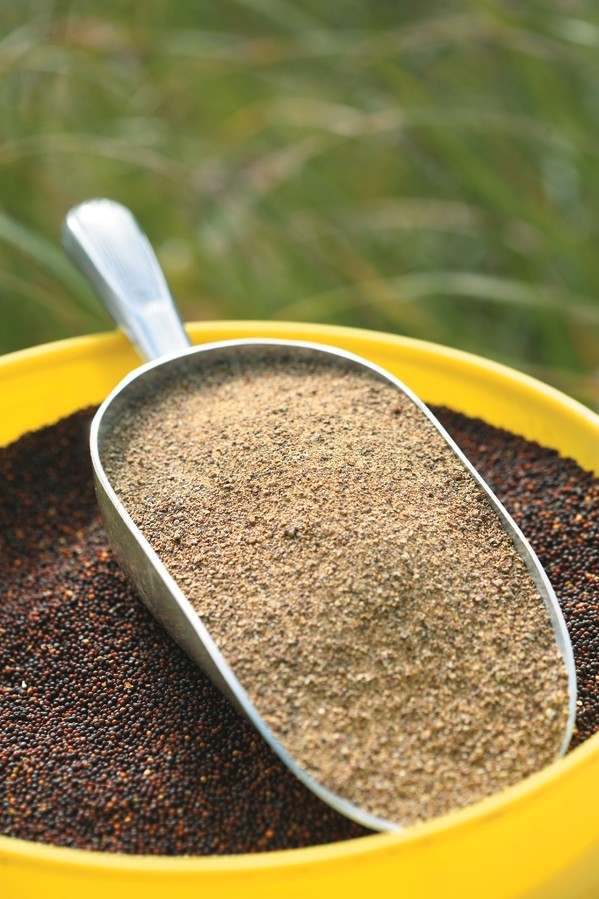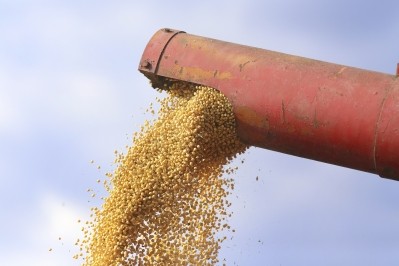Canola challenges critics with positive results for pig growth

The study, which was jointly funded by the Government of Canada and the Canola Council of Canada, found that canola meal can be included in the diets of weaned pigs at levels of up to 25% without a detrimental effect on growth.
“Results of the current study indicate that both brassica napus black and brassica juncea yellow can be included up to 25% in weaned pig diets without compromising performance...” wrote lead author Dr Martin Nyachoti, of the University of Manitoba.
“The research was conducted in order to push the boundaries of industry-set maximum inclusion levels of canola meal in the diets of weaned pigs,” Brittany Dyck, canola meal manager for the Canola Council of Canada, told FeedNavigator.
“Canola meal faces criticism as a feed ingredient for monogastric species because of high fibre levels and an outdated perception that weaned pigs will reduce feed intake on canola meal, despite the fact the quality of canola meal has improved significantly over the years.”
An economic option
Dyck conceded that canola meal does contain more dietary fibre than soybean meal but said that proper diet formulation practices should see canola meal entering into diets based on nutrient profile and price.
“Canola meal works best when diets are formulated on digestible amino acids and net energy, which is now common practice. Canola meal has higher fibre, lower energy and lower crude protein than soybean meal and so it will enter into least cost feed formulation based on the nutrient requirements of the pig and the price of these two commodities [canola and soybean meal],” she said.
She was reluctant to put a figure on the savings that could be gleaned by incorporating a high canola meal content into pig feed, saying “the economic savings will be different depending on the price of commodities and the availability of these commodities in different areas of the world”.
But she did point out that this information would most likely be of value to areas where canola meal is readily available.
For example, in Western Canada, which has high freight costs associated with bringing in soybean meal, she said diets may be formulated to contain canola meal.
Study design
The researchers initially fed 168 weaned pigs soybean meal and wheat-based diets containing 5, 10 and 15% canola meal over a 28-day period post-weaning. No differences in growth performance were recorded between the treatments. 162 weaned pigs were then placed on the same soybean meal and wheat-based diets and fed either 20 or 25% canola meal. A 25% inclusion rate of canola meal resulted in lower total tract digestibility of nutrients than pigs fed 20% canola meal, however, growth performance was maintained.
These findings support previous work carried out by researchers from the University of Alberta which demonstrated a 20% inclusion in the diets of weaned pigs without negative impacts on performance.
Research is currently underway by both teams to validate high inclusion levels of canola meal in diets not only of weaned pigs but also young broiler chicks, layers and grower pigs.
Source: Journal of Animal Science
23 July 2014. pii: jas.2013-7215
“Nutrient digestibility and growth performance of pigs fed diets with different levels of canola meal from Brassica napus black and Brassica juncea yellow”
Authors: Sanjayan N, Heo JM, Nyachoti CM.














